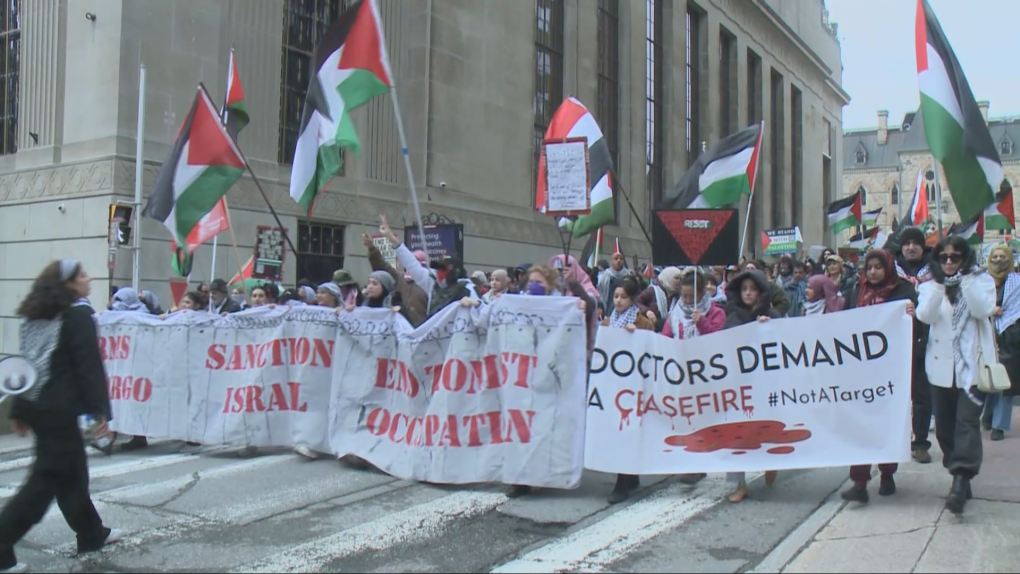- Reaction score
- 7,388
- Points
- 1,160
How and where are you getting “insurrection” in any of this? That’s literally a violent existential threat to the continuity and lawful authority of the state entirely.
No they don’t. There’s a strongly firewalled operational independence of police, for a lot of good reasons. If you want to understand why, start looking at countries where that’s not the case.
In a certain way they can be, but again that would be through the Police Service Boards that protect that independence. Same question to you that I’ve posed to others: do you want our elected federal government to be able to tell police forces specifically what to do to enforce particular laws in particular cases?
Remember also that there‘a a big difference between forcibly dispersing a crowd, many of whom may be engaged in nothing more than Charter-protected (if reprehensible) expression, and investigating and charging individuals within said crowd who cross a criminal line. We have a well-enshrined right to march around for a few hours and be loud and annoying to express views on a cause. The courts accept some inconvenience to others as part of this. You need more discrete criminal behaviour to start using coercive force and prosecute.
I know I’m just a cop who gears up and does public order work sometimes, so my opinion on society writ large carries little weight. I just urge you to step back from the specific cause of these specific protests for a moment and remember that everything we’re discussing has massive ramifications for how we express ourselves and exercise our rights on any other subject.
The primary job of the Government is to maintain the integrity of the state. The Police are one element of the unitary state, just as the Forces, the Bureaucracy and the Courts exist as elements of the State.
The Government runs the State and all its elements. The Government is answerable to the democratically elected representatives of the people sitting in Parliament.
Parliament is supreme and sovereign.


